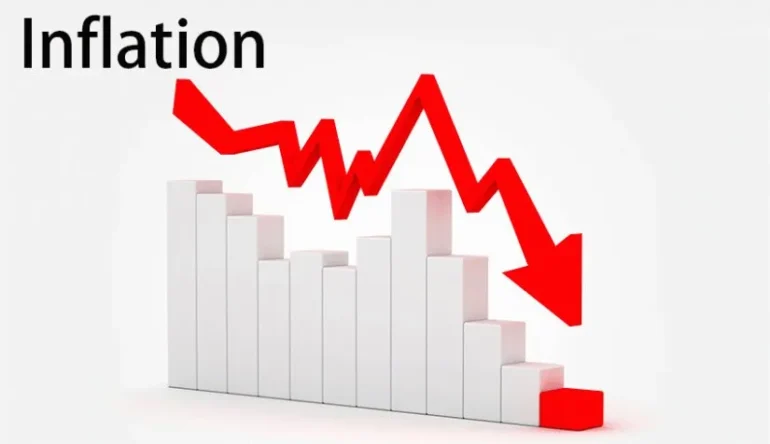Nigeria’s inflation rate has been reviewed to stand at 23 per cent by 2025 by the International Monetary Fund (IMF).
In its Global Economic Outlook at World Bank Spring Meetings in Washington D.C., on Tuesday, the IMF highlighted the impact of the economic reforms and the currency policies as the country’s inflation rate is currently pegged at 33.2 per cent as recently released by the National Bureau of Statistics (NBS) in March
The development comes following the fund’s 2023 prediction, that the country’s inflation rate for 2025 would slow to 15.5 per cent by 2025.
As Nigeria’s inflation rate rose to 33.2 per cent in March, the food inflation rate also increased to over 40 per cent in the first quarter of 2024.
Division Chief of the IMF Research Department, Daniel Leigh said, “We see inflation declining to 23 per cent next year and then 18 per cent in 2026.”
He further elaborated on Nigeria’s economic growth, which is expected to rise from 2.9 per cent last year to 3.3 per cent this year, attributing this expansion to the recovery in the oil sector, improved security, and advancements in agriculture due to better weather conditions and the introduction of dry season farming.
The IMF official also noted a broad-based increase in Nigeria’s financial and IT sectors.
“Inflation has increased, reflecting the reforms, the exchange rate, and its pass-through into other goods from imports to other goods,” Leigh explained.
He added that the IMF revised its inflation projection for the current year to 26 per cent but emphasised that tight monetary policies and significant interest rate increases during February and March are expected to curb inflation.
Despite Nigeria’s inflation target of six to nine per cent being missed for over a decade, an official of the IMF Research Department, Pierre Olivier Gourinchas, stressed that bringing inflation back to target should be the priority.
“Trade linkages are changing, and while some economies could benefit from the reconfiguration of global supply chains, the overall impact may be a loss of efficiency, reducing global economic resilience,” Gourinchas said.


